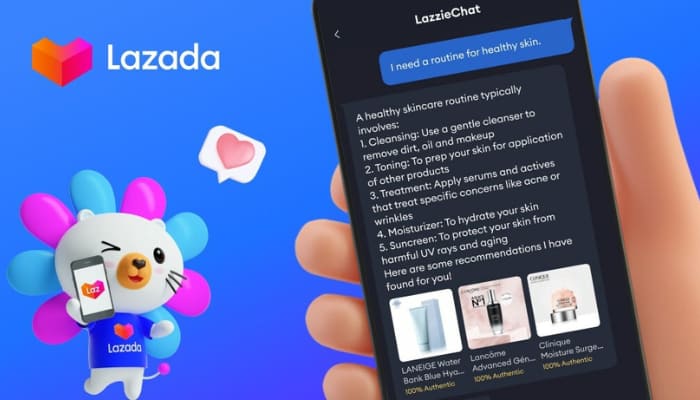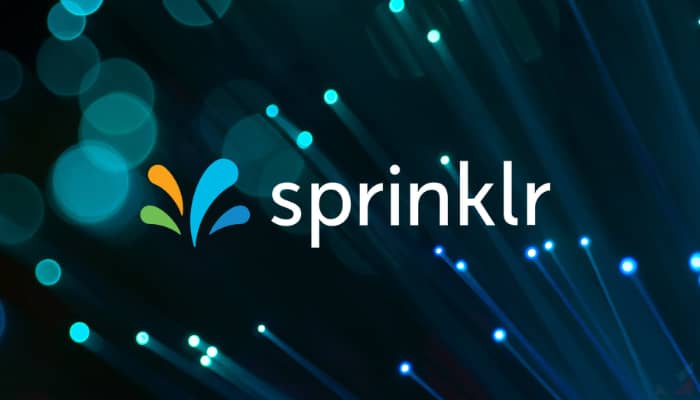Singapore – Global advertising company Ogilvy has announced the launch of its ‘AI Accountability Act’ initiative, which calls for advertising and PR agencies and social media platforms to mandate disclosure around the use of AI-generated Influencers. Moreover, this would require brands to clearly disclose and publicly declare the use of any AI-generated influencer content.
Some of the factors Ogilvy has asked in its initiatives include the implementation of a new watermark on AI-generated content, providing clear visual identification and maintaining accountability in disclosing when used as part of influencer campaigns.
As part of Ogilvy’s ‘inclusive influence’ commitment, this global call to action addresses the rising use of artificial/virtual Influencers by brands and is intended to maintain Influencer authenticity and consumer transparency when used across social media.
Moreover, Ogilvy wants to drive policy change and enable social media platforms to empower marketers to disclose their collaborations with AI-generated content; similar to the ‘paid partnership’ tag currently being used across the industry today. The call to action extends to brands and agencies alike, encouraging the industry to commit to full transparency when using AI influencers.
Julianna Richter, global CEO of Ogilvy PR, said, “The ability of AI to create and learn at speed has already transformed the way we produce personalized content online. But AI must be centred around empathy and transparency. That’s where you create honest interactions with consumers and can drive real impact at the intersection of new digital capabilities.”
Meanwhile, Rahul Titus, global head of influence at Ogilvy, commented, “The AI market is valued at $4.6 billion and projected to grow by 26% by 2025, in large part because of the growing increase using AI in Influence. As leaders in this industry, we have the responsibility to be ethical and transparent as we populate this new frontier.”
He added, “The technological advances using AI are exciting for the Influencer marketing landscape but runs the risk of compromising authenticity if we don’t declare the difference between what’s real and what’s not.”










